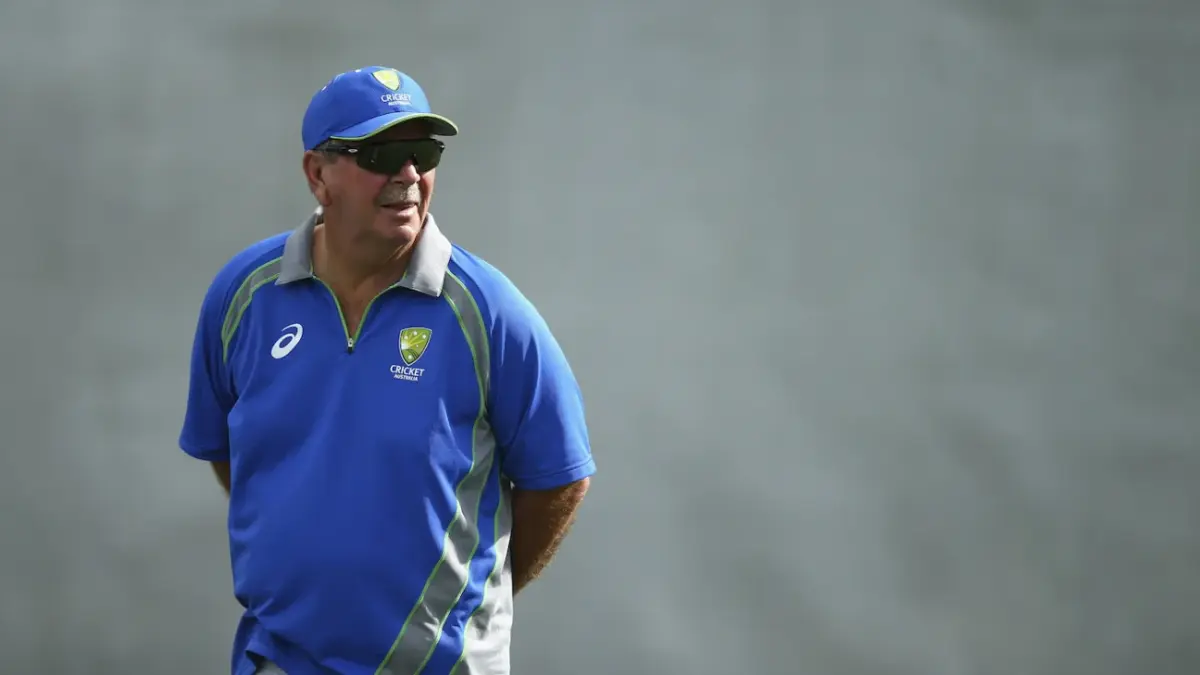“If the great Dennis Lillee had his cutters and outswingers working against the batters, then, certainly, Marsh played a big role in guiding the tearaway fast bowler of pitching it on the right area – and to do such things in crunch situations, a keeper is always needed to be at his smartest and bear clear knowledge of the game. Guess what, Marsh was a cocktail of both”
Back in the 70s – world cricket had some of the finest cricketers in the history of the game. While the talismanic batters and speed merchants hit the news consistently; somewhere in the corner, the contributions of the wicketkeepers were mentioned. People read about Farrokh Engineer, Syed Kirmani, Alan Knott and Wasim Bari; but most of the time searched what the smartest keeper from Australia – Rod Marsh was doing on the field.
When the era of the Chappells commenced challenging the might of England and West Indies – people witnessed the swagger of Chappell’s men, but very few noticed how impactful Marsh was in essaying the epic – caught Marsh bowled Lillee which appeared on the scoreboard 95 times in Test matches!
Lillee and Marsh had a telepathic connection.
Incredibly, Marsh finished with the then world record tally of 355 dismissals, the same number that we find under the wickets column of Dennis Lillee.
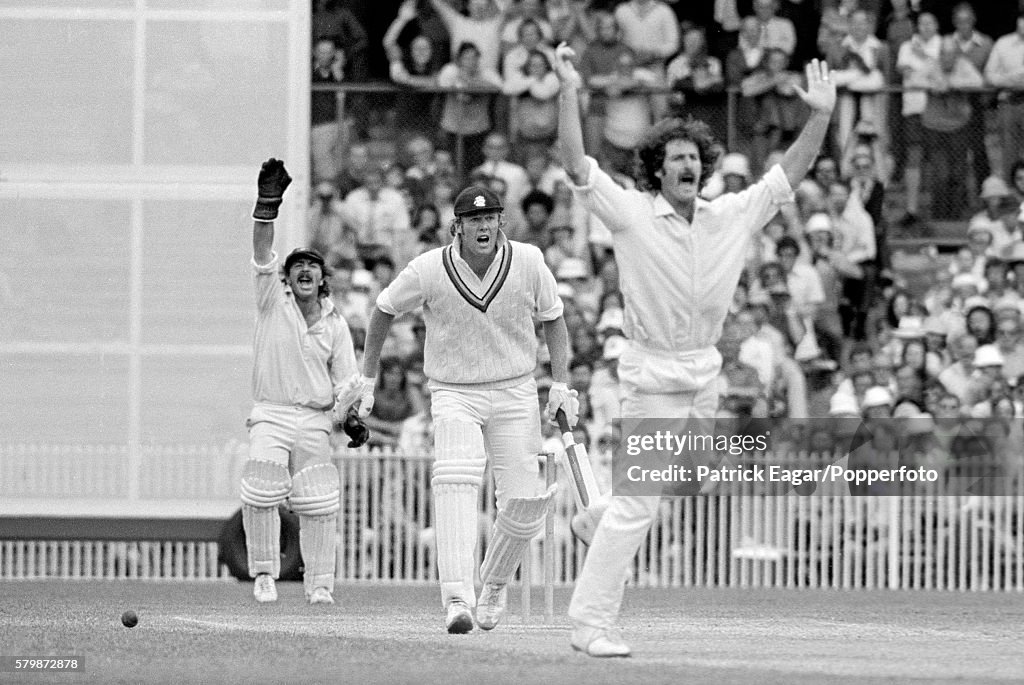
“Few partnerships between bowler and wicket-keeper have had so profound an impact on the game,” stated Wisden.
“I’ve played with him so much now that most of the time I know what he is going to do before he has bowled. I know from the way he runs up; the angle, the speed, where he hits the crease, where the ball is going to be,” said Marsh.
If the great Dennis Lillee had his cutters and outswingers working against the batters, then, certainly, Marsh played a big role in guiding the tearaway fast bowler of pitching it on the right area – and to do such things in crunch situations, a keeper is always needed to be at his smartest and bear clear knowledge of the game. Guess what, Marsh was a cocktail of both.
It was that common sense, this fantastic ability to read the situation made the critics echo, Marsh as the best captain never to lead Australia.
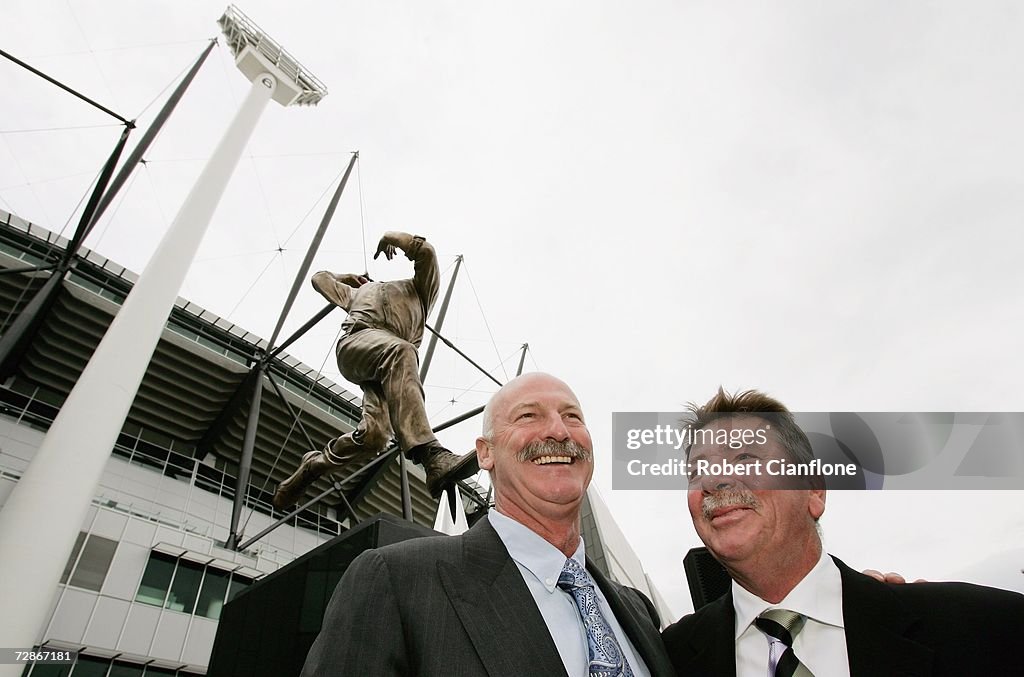
He was a complete team-man who helped his teammates in lifting their game when they felt being burned out by virtue of his leadership qualities and keen insight into the game. He would always back the bowlers so that they could breathe fire and when his leadership jobs were done, and the bowlers started to click – the acrobatic diving, raucous appeals and the habit of throwing a ball high into the air on dismissals became a regular sight and a matter of love for the fans those who watched him live or on television.
Marsh was dubbed as the controversial selection during the Ashes 1970-71 and media could not appreciate the exclusion of popular wicketkeeper Taber. His superior batting had won him the position.
The media was quick to criticise Marsh’s glovework in his early career, dubbing him “Iron Gloves” after he missed a number of catches and conceded 44 byes in the series.
Even though his batting proved invaluable on a number of occasions and in the Fifth Test, he equalled the record for the highest Test innings by an Australian keeper, set by Don Tallon. The end of the innings was controversial; the captain Bill Lawry declared with Marsh eight runs short of a century so he could get an extra hour of bowling before stumps.
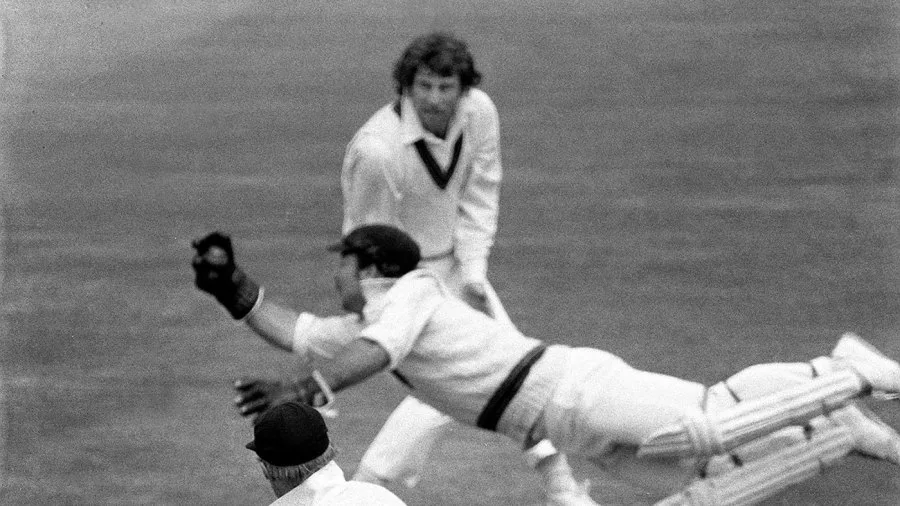
When questioned by the press about his lost chance to make a historic century Marsh said he had gained forty runs instead of missing eight as he thought Lawry should have declared an hour earlier. Marsh later admitted that he was underprepared as a wicketkeeper, but he learned from watching his English counterpart Alan Knott.
And in the next season, there could be no argument regarding the abilities of Marsh as one of the best keepers in the world.
Marsh became an integral part of the team as the side improved during the 1972 tour of England. He became the first Australian keeper to hit a century by scoring 118 in the first Test against Pakistan at Adelaide in 1972–73.
He also hit 236 against the tourists for WA, the best score of his career. Playing a key role in Australia’s series victories over England and the West Indies in the series of 1974–75 and 1975–76, Marsh made many acrobatic dives to catch balls delivered by Lillee and Jeff Thomson. He took 45 dismissals in those two series, including a world-record 26 catches in six Tests against the West Indies.
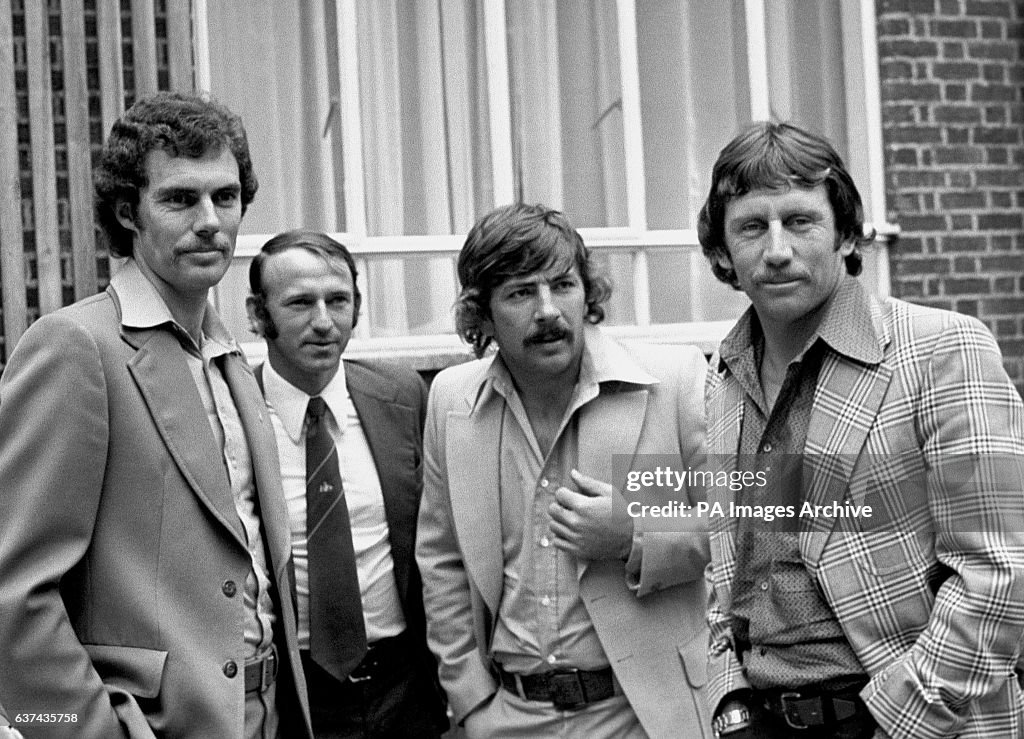
Marsh scored an unbeaten 110 in the second innings of the Centenary Test against England in 1977, becoming the first Australian wicketkeeper to score a Test century against England. In the same match, he passed Wally Grout’s Australian wicket-keeping record of 187 Test dismissals.
He scored a further 16 half-centuries.
In first-class matches, he accumulated 11 centuries including a best of 236, aggregating more than 10000 runs in his career.
When the breakaway World Series Cricket was formed, Marsh had no hesitation in signing for Kerry Packer. He claimed 54 dismissals in 16 Super Tests.
Upon his return to traditional international cricket in 1979–80, his age did not affect his keeping ability.
On the 1981 tour of England, he took 23 dismissals to become the first wicketkeeper to take 100 dismissals in Ashes Tests, broke Knott’s world record in 22 fewer Tests and passed 3000 runs in Test cricket.
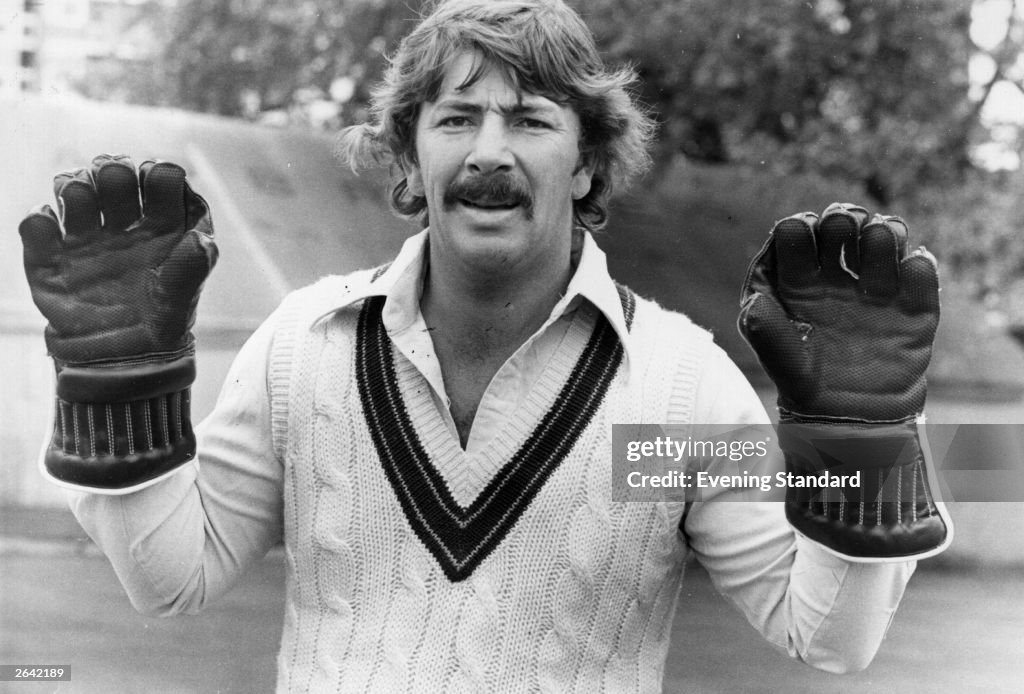
In 1982–83, his second last season, he took 28 dismissals against England, including nine and eight in the Second and Third Test respectively.[6] His batting form fell away towards the end of his Test career, his last 22 Tests yielding only 589 runs at an average of 19.63.
Marsh was an effective player in ODI matches, contributing as a keeper and a lower-order batters. His power and aggression were put to good use in the closing overs when he could score at a rapid rate. In one match against New Zealand in 1980–81 against Lance Cairns at the Adelaide Oval, he struck 26 from the final over, with three sixes and two fours, before falling on the final ball.
Marsh had been vital to install the baggy green culture in Australian cricket.
He was the first person who co-opted Henry Lawson’s 1887 poem, “Flag of the Southern Cross”, into the Australian team’s victory song and it was Marsh crossing his arms and shaking his head at captain Greg Chappell, mouthing “Don’t do it” when the underarm ball rolled down in 1981.
The man was a character.
After retirement, he left his impact at the commentary box, coaching, cricket academy and other administrator roles.
He had an indelible impact on cricket, both on and off the field.
A legend of the game!
The field marshal cricket always loved!
